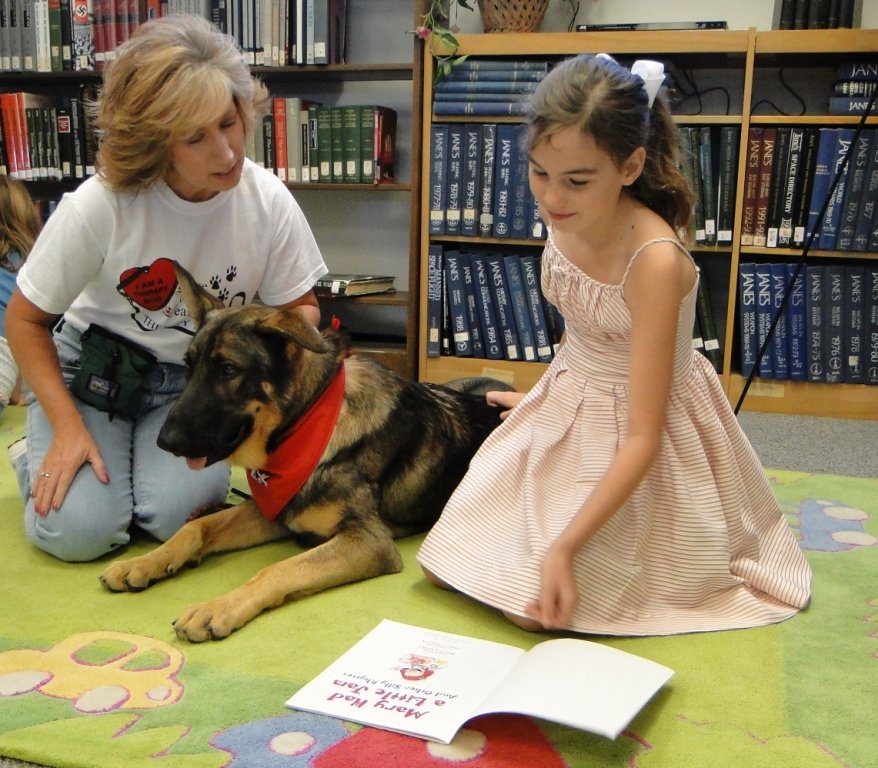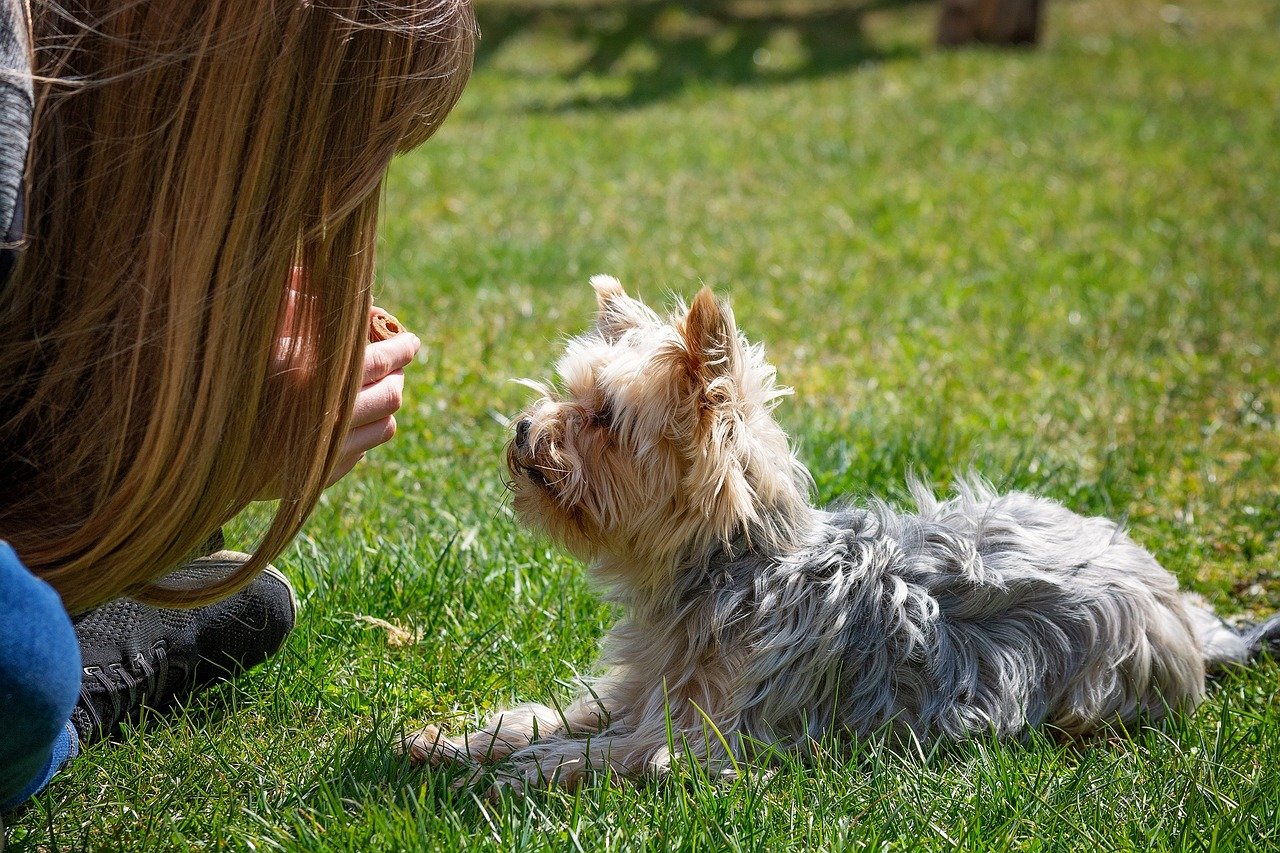Have you ever felt like your furry friend knows exactly how you’re feeling, even before you do? It’s as if they possess a sixth sense, an uncanny ability to tune into your emotions and offer comfort just when you need it most. This heartwarming phenomenon leaves many dog owners wondering: Can dogs really sense our moods? If you’ve ever been surprised by your dog’s intuitive understanding, you’re not alone. Let’s delve into the fascinating world of canine empathy and explore how our loyal companions might be more attuned to our emotions than we ever imagined.
The Science Behind Canine Empathy

Dogs have been companions to humans for thousands of years, and during this time, they have developed an extraordinary ability to understand us. Scientific studies suggest that dogs can indeed sense human emotions. Researchers have found that dogs can distinguish between different human facial expressions and even respond to the emotional content of our voices. This capability is believed to be a result of the domestication process, where dogs that were more attuned to human emotions were more likely to be favored and bred.
Moreover, dogs have a highly developed sense of smell, which allows them to detect subtle changes in human body chemistry. For instance, when a person is stressed or anxious, their body releases certain chemicals that dogs can detect. This heightened olfactory sense, combined with their ability to read human body language, makes dogs incredibly perceptive to our emotional states. It’s no wonder they seem to know when we need a little extra love and attention.
How Dogs React to Human Emotions
When you’re feeling down, you might notice your dog curling up next to you or resting their head on your lap. This behavior is not random; it’s their way of offering comfort and support. Dogs are known to mirror the emotions of their owners, a phenomenon known as emotional contagion. When you’re happy, they wag their tails with excitement; when you’re sad, they become subdued and gentle.
Dogs also use physical contact as a means to connect emotionally. A gentle nudge with their nose or a paw on your arm can be their way of saying, “I’m here for you.” This empathetic response is not just limited to their owners; dogs have been observed comforting strangers who appear distressed. Their ability to sense and respond to human emotions is truly remarkable and speaks volumes about their empathetic nature.
The Role of Oxytocin in Dog-Human Bonding
Oxytocin, often referred to as the “love hormone,” plays a significant role in the bond between dogs and humans. When you interact with your dog, both you and your dog experience a surge of oxytocin. This hormone is associated with feelings of love, trust, and social bonding, and it reinforces the connection between you and your pet.
Studies have shown that simply making eye contact with your dog can increase oxytocin levels in both you and your dog. This mutual hormonal response strengthens the emotional bond and enhances your dog’s ability to understand and respond to your moods. It’s a beautiful cycle of empathy and connection that benefits both parties involved.
Training and Empathy: Enhancing the Connection

While dogs naturally possess empathetic abilities, training can further enhance their understanding of human emotions. Positive reinforcement training, for example, can help dogs learn to associate certain behaviors with specific emotional cues. By rewarding your dog when they respond appropriately to your emotions, you can strengthen their empathetic responses.
Training also helps improve communication between you and your dog. By teaching your dog to recognize and respond to verbal and non-verbal cues, you can foster a deeper understanding and a more harmonious relationship. This enhanced connection not only benefits your emotional well-being but also enriches your dog’s life by providing them with a sense of purpose and fulfillment.
Canine Intuition: Myth or Reality?
The idea that dogs have a special intuition is often dismissed as a myth, but there is growing evidence to suggest otherwise. Dogs have an incredible ability to pick up on subtle cues that humans might overlook. Their keen senses and empathetic nature allow them to anticipate our needs and respond accordingly.
While some may argue that dogs are simply responding to learned behaviors, the depth of their understanding suggests a more profound connection. Whether it’s a wagging tail when you’re happy or a comforting presence when you’re sad, dogs seem to possess an intuitive understanding of our emotions that goes beyond mere training.
Real-Life Stories of Canine Empathy

There are countless heartwarming stories of dogs displaying empathy towards their human companions. One such story is of a dog who sensed his owner’s distress during a panic attack and instinctively laid his head on her chest, providing comfort and grounding. Another tale involves a dog who refused to leave the side of a grieving family member, offering silent companionship during a difficult time.
These stories highlight the incredible empathy that dogs are capable of. They remind us of the special bond we share with our canine companions and the profound impact they have on our lives. Dogs are not just pets; they are empathetic beings who offer unconditional love and support.
The Impact of Empathy on Dog Behavior
A dog’s empathetic nature can significantly influence their behavior. Dogs that are more attuned to human emotions tend to be more well-behaved and responsive to their owners. This is because they are more likely to understand and react to their owner’s emotional cues, leading to a more harmonious relationship.
Empathetic dogs are also more likely to be successful in roles that require them to interact with humans, such as therapy or service dogs. Their ability to sense and respond to emotions makes them ideal companions for individuals in need of emotional support. The empathy exhibited by dogs not only enriches their lives but also enhances the lives of those they interact with.
The Future of Research on Canine Empathy
As our understanding of canine empathy continues to grow, researchers are delving deeper into the complexities of the dog-human bond. Future studies may uncover even more about how dogs perceive and respond to human emotions, shedding light on the unique connection we share with our furry friends.
The exploration of canine empathy is not only fascinating but also holds potential for improving the well-being of both dogs and humans. By understanding how dogs sense and respond to our emotions, we can enhance our interactions with them and create a more fulfilling relationship. The future of research on canine empathy is promising, and it may reveal even more about the incredible bond we share with our dogs.
The bond between dogs and humans is a testament to the power of empathy and connection. Our canine companions offer us unconditional love, support, and understanding, often sensing our moods and emotions with an uncanny accuracy. Whether through their comforting presence or their intuitive responses, dogs have a remarkable ability to connect with us on an emotional level. As we continue to explore the depths of canine empathy, we are reminded of the unique and special bond we share with our furry friends. What would we do without them?





